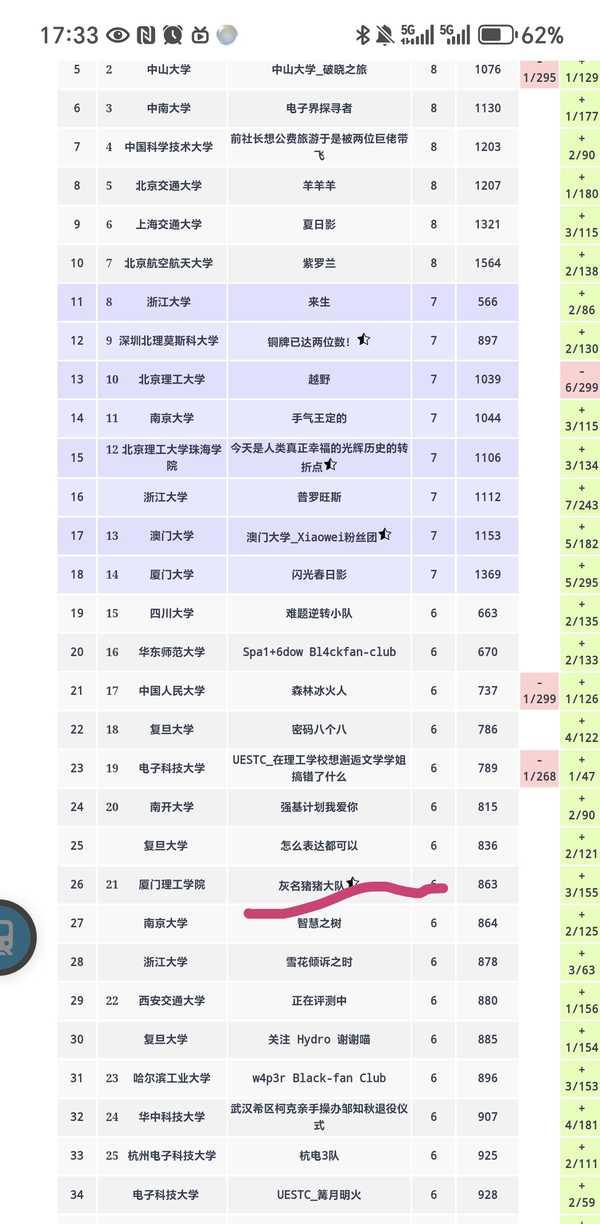The Rise and Fall at ICPC Shenyang 2024
A team of online competition friends achieved 26th place at ICPC Shenyang 2024 Regional Contest, despite never practicing together before. Their journey included surprising triumphs and missed opportunities across multiple challenging problems.

The 2024 ICPC Shenyang Regional Contest proved to be both a milestone and a learning experience for an unlikely team. Three online friends who had never met in person before decided to compete together, choosing one of the most challenging regional sites of the season.
The team’s preparation was less than ideal. The warm-up contest revealed their inexperience with on-site competition environments, as they struggled with basic setup issues like GCC compiler options on Linux. However, they managed to solve the sign-in problem smoothly.
During the main contest, their strategy of having one teammate handle environment setup while the others searched for approachable problems paid off initially. They quickly solved problem J, which turned out to be the only pure sign-in problem of the contest. The team then demonstrated strong technical skills by solving problems E, D, and M through effective collaboration and persistence.
Their most dramatic moment came with problem G, involving geometric calculations. The team’s approach evolved from a straightforward solution to a more sophisticated one using modular arithmetic, showing their ability to adapt and improve their strategies mid-contest. Though they struggled with precision issues and time penalties, they eventually succeeded with a Python implementation using fraction arithmetic.
What makes this story particularly noteworthy is how the team maintained their composure and teamwork despite the pressure. Their systematic approach to breaking down problems and willingness to switch between different programming languages and solution strategies showed remarkable flexibility.
The final ranking of 26th place is particularly impressive given the circumstances. It represents not just their technical abilities but also their resilience in a high-pressure environment. While they didn’t achieve their most ambitious goals, their performance demonstrated that online competitors can successfully transition to the intense atmosphere of on-site contests.
The experience highlighted both the potential and limitations of teams formed primarily through online interactions. Despite their lack of practice together, they managed to solve multiple complex problems and compete effectively against more established teams. Their story serves as an inspiration for other online competitors considering the transition to on-site competitions.